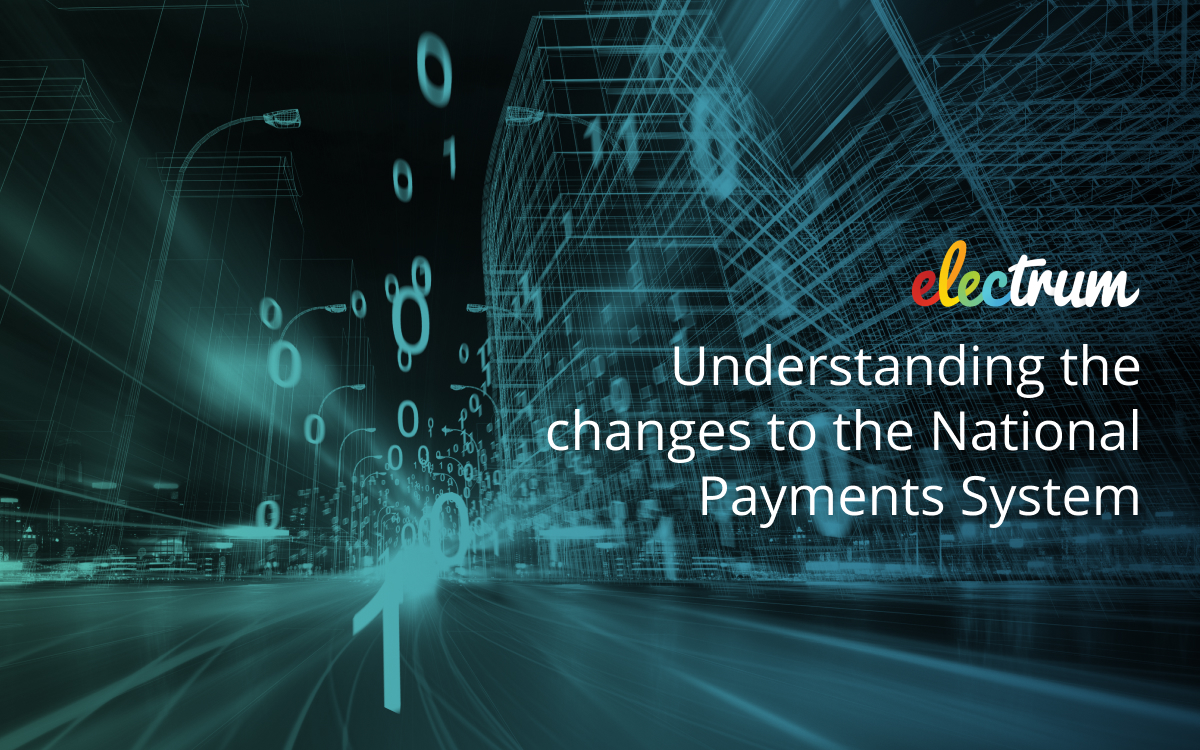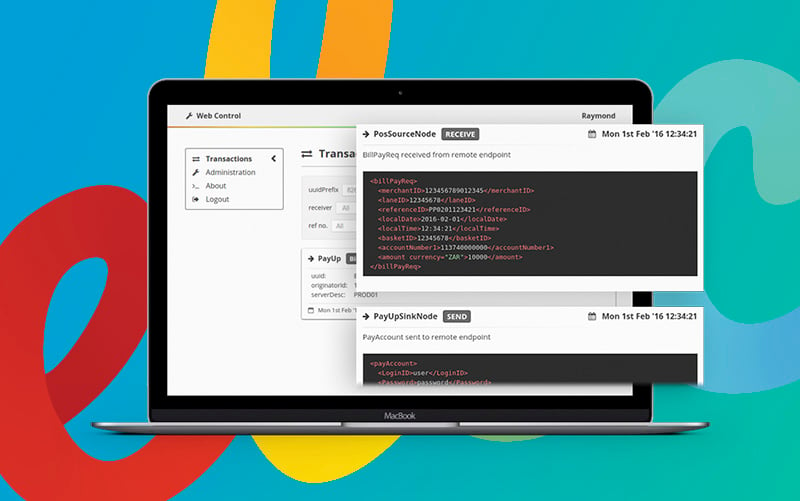
Countries like India and Thailand have had massive uptake of digital payments tech – South Africa is on the brink of exciting changes too.
There are a lot of claims about how technology is transformational – and it is. It’s just that some of those transformations don’t filter down to everyone, especially in a country like ours. RPP (Rapid Payments Programme) isn’t a sexy new smartphone or virtual reality goggles, but it is going to bring real, positive change for many ordinary South Africans. The Rapid Payments Project is about to land, so let’s take a look at why it’s needed and what it’ll do.
…the RPP is harnessing the collaboration between the regulator and industry players
It’s estimated that between 73 and 89% of retail transactions in South Africa still make use of cash. How big a problem is this? Some say it’s as big as R88 billion a year – that’s PASA’s estimation (the Payments Association of South Africa) of the cost of cash, taking into account both the direct financial costs and indirect social costs. Transaction fees, the costs of printing and supplying cash, and costs of maintaining ATMs, branches and banking infrastructure are some of the direct costs. Indirect social costs include time wastage, investment opportunity lost, inflation and crime.
While South Africa has instituted innovations for digital payments and money transfer that make an improvement on cash, we haven’t quite reached the kind of financial inclusion the South African Reserve Bank’s Vision 2025 plan aims for. But the RPP is harnessing the collaboration between the regulator and industry players to bring us a revised NPS (National Payments System).
…the SARB is clearly set on radically broadening financial inclusion…
A recent report from Deloitte confirms that, over the next six years, “South Africa will face a period of unprecedented change in the payments market.” Through Vision 2025 the SARB is clearly set on radically broadening financial inclusion. An imminent review of the NPS Act 78 from National Treasury and the SARB will open up access to the NPS, and PASA’s Project Future is bringing the industry operational standards up to speed. Clearly collaboration between the regulators and industry players is crucial.
Some areas of focus include instant payments, mobile payments, digital identification and open banking. The current payments infrastructure, while innovative in certain aspects, needs updating. There is also slow uptake in mobile payments, possibly due to FICA and Anti Money Laundering requirements, but also a lack of interoperability, differing standards and the high cost of data.
…changes to the NPS will open up the banking ecosystem…
A new approach to national digital identification will address KYC (Know Your Customer) requirements, making use of email or phone number verification, and biometric authentication. With the importance of our informal sector to the economy, digitising these retailers and their customers is going to be key. Cash still dominates here, and a lack of trust in banks is a challenge – but making sign-up and transacting seamless and lowering transaction costs can go a long way to winning people over.
Finally, the changes to the NPS will open up the banking ecosystem, supporting innovation and allowing for standards to be implemented across the industry.
So what does a post-RPP South Africa look like? With alternative ways to confirm identity – through registration via an email address or phone number – you’ll be able to transfer money from phone to phone, even if you don’t have a bank account. New platforms will allow these kinds of instant, cheap (or free) transfers as well as serve as a secure store of value, linked to the user’s phone number.
In Thailand, PromptPay attracted 43 million users in just two years…
You could use this store of value for further transactions in a host of new ways – like buy electricity or pay for your shopping at an informal trader who has taken up the platform. It’s the kind of everyday transactions that are seamless, safe and cheap, and that have already transformed India and Thailand. In Thailand, PromptPay attracted 43 million users in just two years, making it easy to pay friends, family, salaries, and business invoices.
South Africa’s large informal economy, predominance of cash in transactions and a reliance on domestic remittances for many of our people are features we share with India and Thailand. The speed with which changes to the payments landscape have been implemented by regulators and industry, and the willingness with which they’ve been taken up by the public, are signals to South Africa. We should be ready for RPP, and embrace the broad positive changes financial inclusion can bring to our economy.
If you’d like to chat about how to ready your business for adoption of the NPS Act and other implications of the RPP, please get in touch.
Electrum Software
Electrum is the next-generation payments software company, powering payments for banks and retailers. Since 2012, we have established ourselves as a respected software partner through our deep expertise and track record in delivering trusted cloud-native payments solutions.
Electrum Newsletter
Quarterly insights and news to help you keep up with the latest changes in the payments landscape







